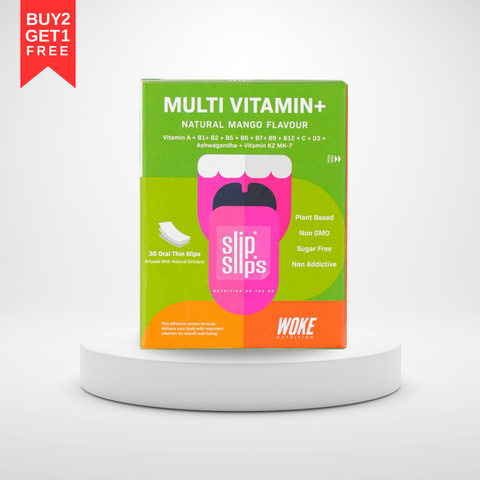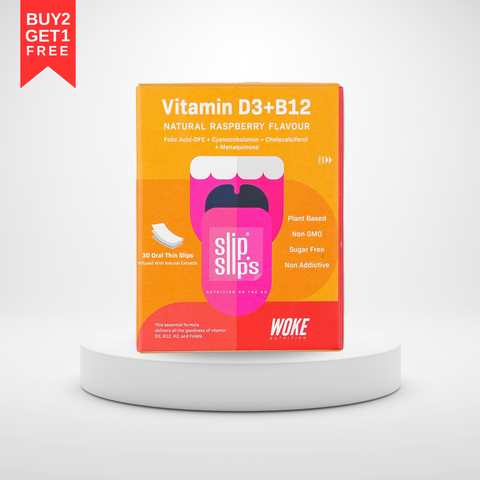There are several types of multivitamin supplements (MVMs) available:
1. Basic, once-daily MVMs that contain all or most vitamins and minerals in amounts close to the recommended levels. These are the most common type of multivitamin.
2. MVMs that contain higher than recommended amounts of some vitamins and minerals. These often come in packs of two or more pills to take each day.
3. MVMs marketed for specific purposes, such as athletic performance, energy, weight control, immunity, or eye health. These contain additional ingredients like herbs, green tea, coenzyme Q10, probiotics, or glucosamine along with vitamins and minerals.
4. MVMs tailored for specific age groups and life stages, such as:
- Children's MVMs that provide nutrients in smaller, age-appropriate amounts.
- Prenatal MVMs that provide vitamin A as beta-carotene and other nutrients important for pregnancy.
- Senior or 50+ MVMs that contain more calcium, vitamin D, vitamin B12 and less iron than adult MVMs.
5. MVMs for specific health conditions, such as those designed for smokers or former smokers to avoid high amounts of beta-carotene and vitamin A.
The key differences are the specific vitamins, minerals and amounts included, as well as any additional ingredients. Companies determine the combinations and levels of nutrients in their MVM products.
Citations:
[1] https://ods.od.nih.gov/factsheets/MVMS-HealthProfessional/
[2] https://ods.od.nih.gov/factsheets/MVMS-Consumer/
[3] https://www.nhs.uk/conditions/vitamins-and-minerals/
[4] https://www.webmd.com/vitamins-and-supplements/ss/slideshow-supplements-myths-facts
[5] https://www.fda.gov/consumers/consumer-updates/fda-101-dietary-supplements


















Comments (0)
There are no comments for this article. Be the first one to leave a message!